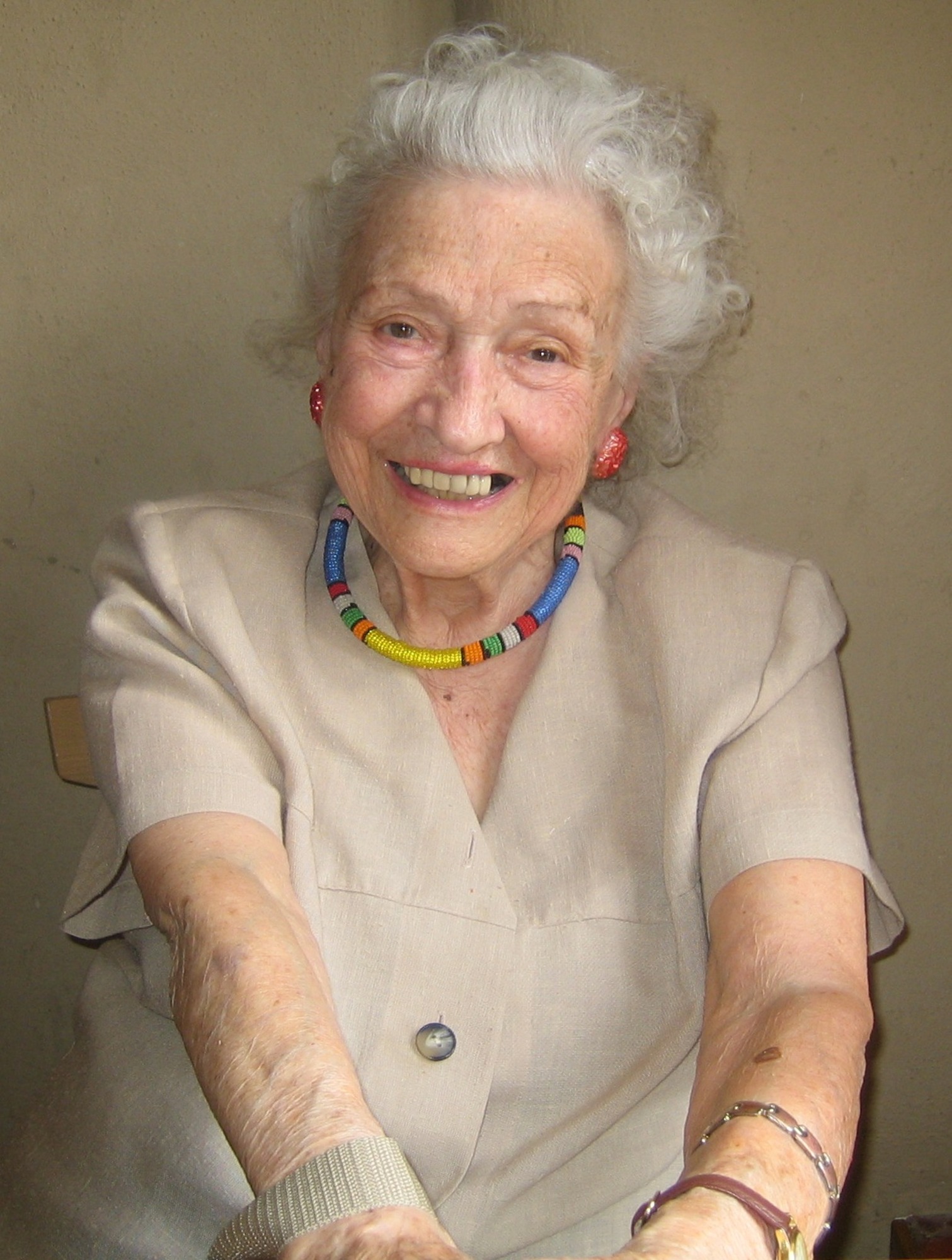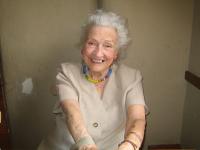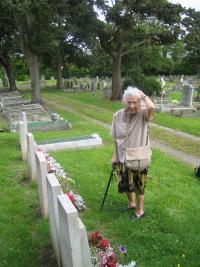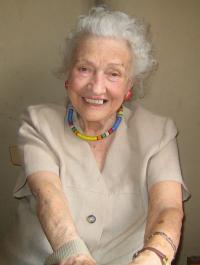I knew right away after the war that I would leave to England

Download image
Mrs. Zdena Beková was born on 28 October, 1926, in Brušperk in northern Moravia. She comes from a large family with four brothers and two sisters. Her father worked on the field and later opened up a workshop for processing fabrics. Zdena graduated from a business school in Ostrava. At the end of the war, in order to avoid forced labor in Germany, she worked as a radiotelegraph operator at the railway station in Ostrava, where she experienced many bombings. In August 1945, she went to Prague to study English at a language school. She found her first job as an assistant in a law office, and later, thanks to her knowledge of English, she worked for the Baťa Company. In December 1946, she went to the Baťa factory in Essex in England to work there for one year. However, she has never returned from England to Czechoslovakia again. She married Jan Nehoslav Bek, a veteran of the Czechoslovak exterritorial army. Together they worked for Baťa in what then used to be Rhodesia and in India. Her husband died in 1980. Zdena Beková lives in London.


